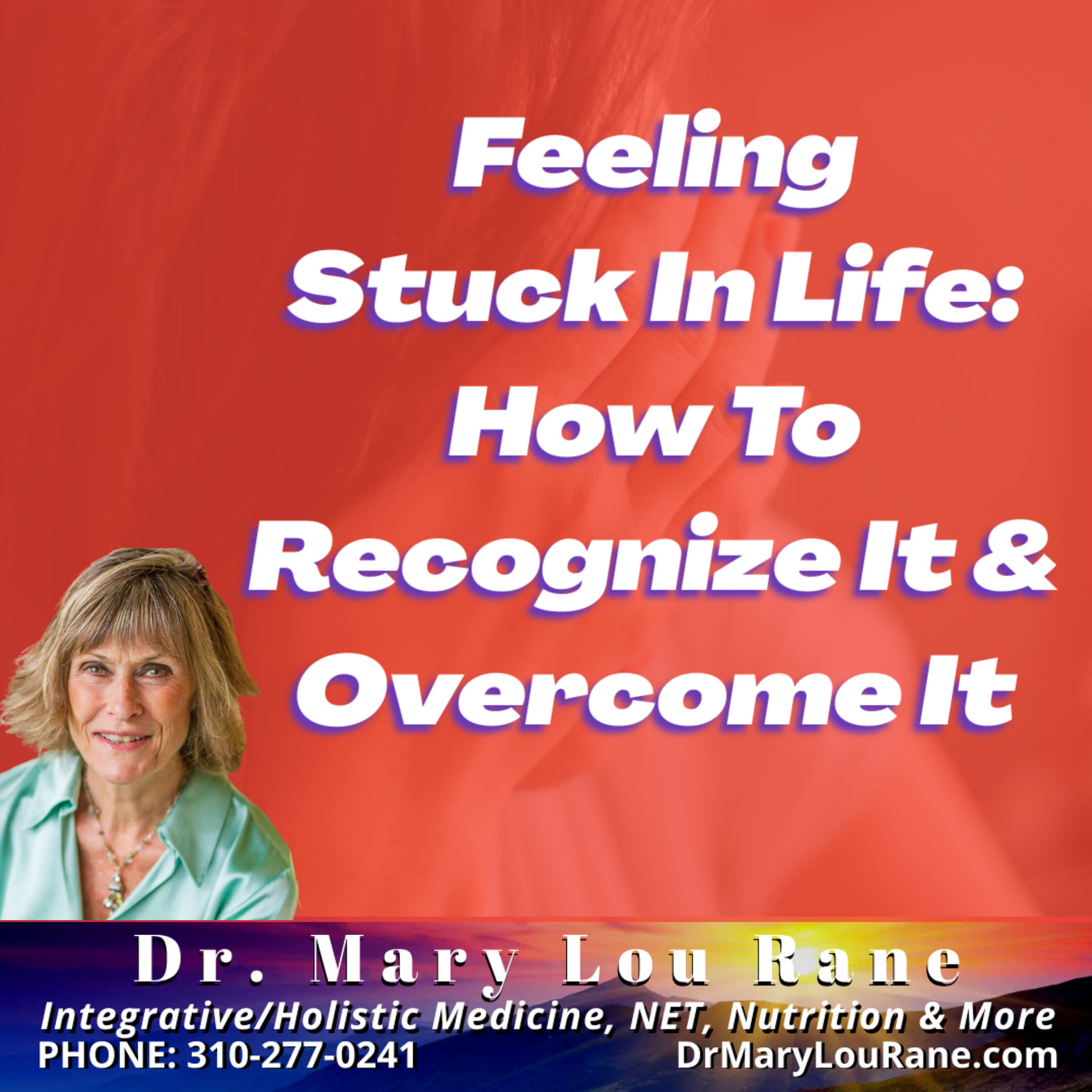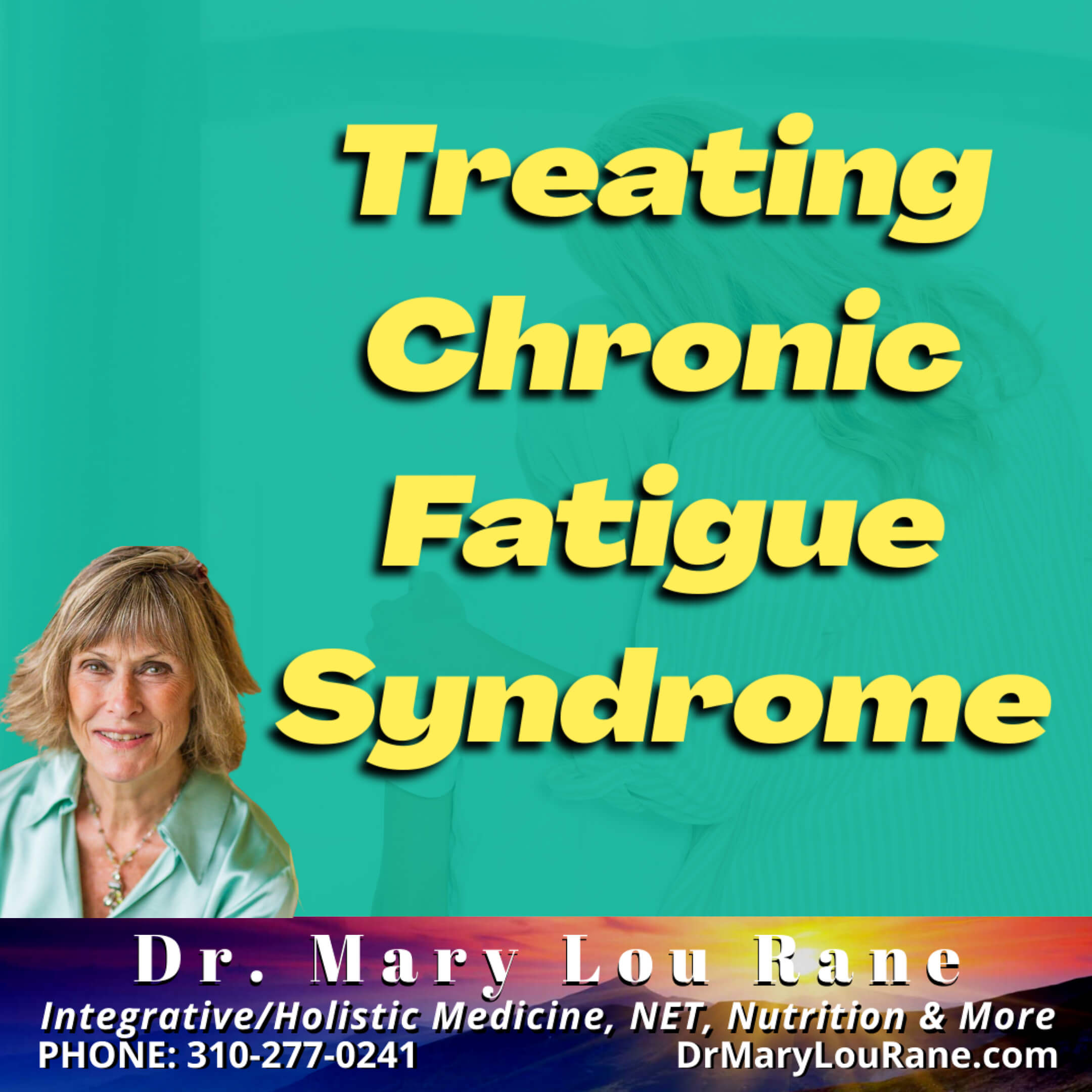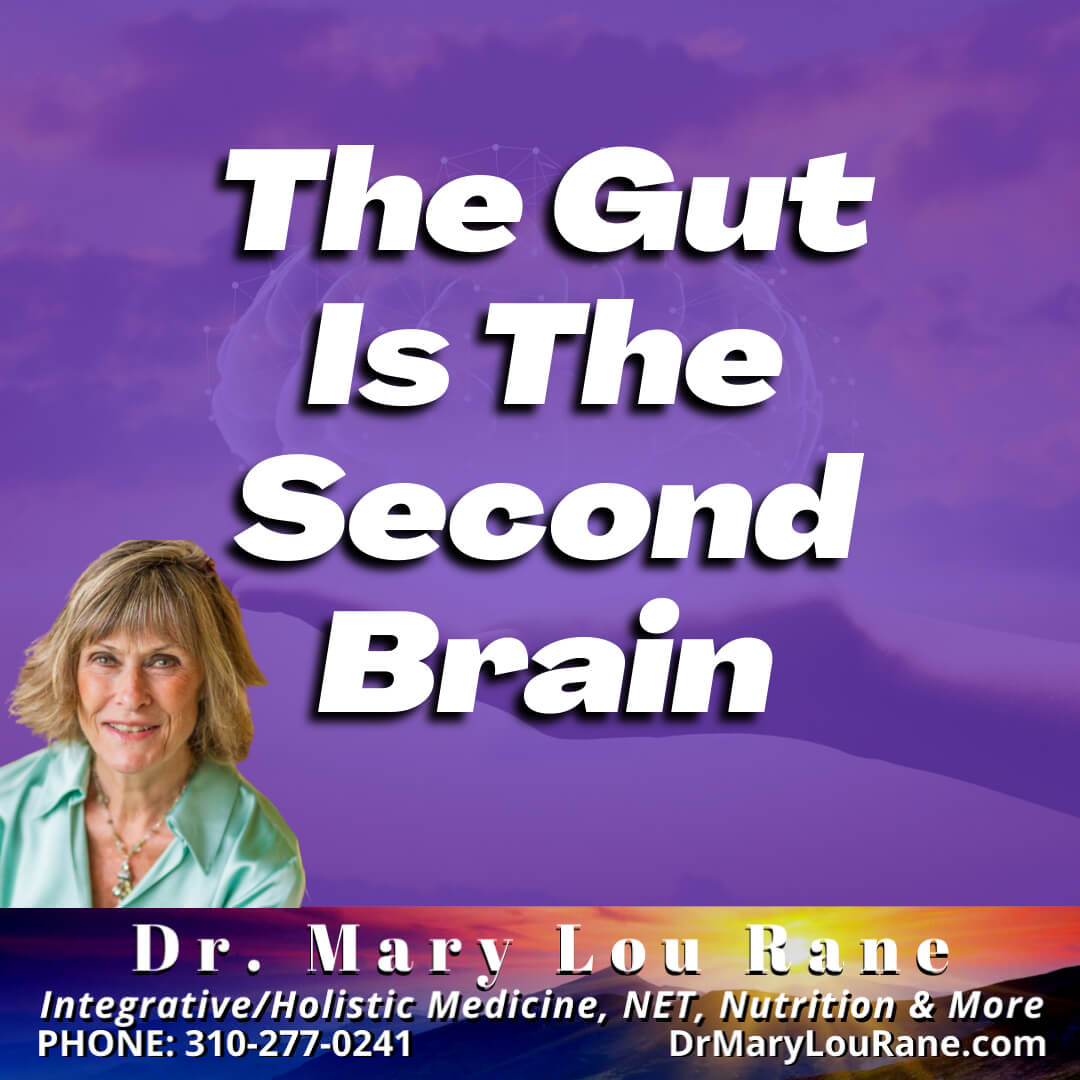Are you curious to know more about whole food supplementation? Is it safe? Could it be good for me? While supplements aren’t always necessary for everyone, they can provide additional support for certain conditions. For example, vitamin D helps the body absorb and retain calcium and phosphorus, which are both crucial for building bones. Studies show that vitamin D can also reduce cancer cell growth, control infections, and reduce inflammation. To learn more about whole food supplements, whether or not you may need them, and the differences between supplements, read on.
What Are Whole Food Supplements?

Whole foods are characterized as a variety of foods that haven’t been processed, refined, or had any ingredients added to them. Some examples would include raw plant ingredients, fruits, vegetables, nuts, grains, meats, and eggs. Dietary supplements are a source of key nutrients and minerals that can be taken to supplement one’s diet and provide numerous benefits to one’s health.
Naturally, whole food supplements are nutritional supplements that are made of whole food sources and food blends meant to add nutritional value to one’s diet or balance any nutritional deficiencies that a health condition may be causing. Whole food supplements aren’t intended to replace whole foods, but they are used to supplement and provide complex nutrients to your health and lifestyle.
The health benefits of whole foods and supplements are well-documented among experts and health practitioners. While some nutritionists recommend supplementing with vitamins, minerals, and other micronutrients, some believe that these nutritional supplements provide little benefit, while others say they may improve health and help prevent the progression of diseases like heart disease or cardiovascular disease in addition to also having a heart-healthy diet. I believe that there are supplements, like whole food supplements, that can definitely aid and improve the quality of your life, while other supplements like high-dose synthetic or low-quality isolate vitamins may not help or may even be a detriment to your health.
Whole food supplements are better at providing essential nutrients than isolate or synthetic vitamins. The reason behind this is that whole food supplements contain the entire spectrum of natural nutrients needed for optimal health and come from real food. They also are received better by your body. Whole food supplements are often recommended over isolated vitamins because they provide a complete source of nutrition.
Differences Between Supplements

To better determine whether a supplement is good for you or bad for you, it would be best to learn more about the wide range of supplements and vitamins so you are making the right choices for your lifestyle. Before you choose any specific supplement or brand, be sure to consult with your health care professional to determine whether or not the supplement is a necessity for your health.
Synthetic Vitamins/Supplements
Synthetic supplements are made with synthetic ingredients. A synthetic ingredient is a chemical replication of the molecules of a natural ingredient with the goal of copying the benefits of the natural ingredient. This means that these vitamins and ingredients aren’t ever found in nature and that they are chemical copies made with molecules. In this day and age, we’ve successfully identified and replicated almost every single component and mineral that’s required for maintaining our health. So, we can easily go to the store and buy a synthetic B12 vitamin or a folic acid supplement that will help our body regulate the lack of B12 and folic acid if we are B12 or folic acid deficient. The synthetic vitamins will do their job to correct any complex nutrient deficiency if any exist in your body.
Just because a vitamin is synthetic or chemically replicated, doesn’t mean that it’s bad. Synthetic nutrients can definitely have beneficial health effects. Although they are not natural nutrients, they are still capable of correcting deficiencies and providing numerous benefits depending on what you are taking them for. However, there are low-quality and high-quality versions of synthetic vitamins, which leads me to talk about the lower-quality and higher-quality versions of synthetic vitamins and supplements.
Isolate Vitamins/Supplements
There are normally two types of isolate vitamins/supplements that are available in the market. There are low-tier isolate vitamins that are made in the lowest quality of forms and mixed with other ingredients that aren’t essential. These types of low-tier isolate vitamins are usually in the form of a daily multivitamin. For example, some isolate vitamins are made with amino acids, which can cancel the effect of other key nutrients that are in the supplement’s formula, which would render the supplement useless. Amino acids compete for absorption with vitamins that are in the same category.
Then, there are isolate vitamins that are higher quality and made in more bioavailable and absorbable forms by the body. These isolate supplements are better for people who truly have a deficiency and want to ensure the minerals in the supplement are absorbed better and utilized properly by the body.
An integral component of the success of these vitamins is the human intake amount. Too much of anything is never good for you. Some of these isolate supplements are in super high doses, which can cause your body to reject, treat the supplement as a foreign substance, and have harmful health effects. Not only because they’re in a high dose, but because they’re chemically replicated and don’t occur naturally, and your body recognizes that. This doesn’t mean that it doesn’t work or that taking the isolated supplement won’t help you, but it means that you need to consult with your health care practitioner to ensure the correct dosage so your body doesn’t reject it. Also, consult with your doctor to make sure that you are buying an isolated dietary supplement from a reputable brand.
Whole Food Supplements
The foundational component of whole food supplements is that they are plant-based and made with raw plant ingredients with the goal of processing and refining the active ingredients as little as possible. Whole food supplements are usually concentrated versions of whole foods with a wide range of nutrients included. Whole food supplements utilize food vitamins that naturally occur to supplement a person’s diet and give you a more “complete package” for your health. These types of supplements may come in food powder versions and are always made with food products and food blends. If you are not receiving the necessary natural nutrients from the range of nutrients in your diet rich plan, then these supplements will help you receive all the food vitamins your body needs.
Previous studies recommend consuming tomato-based foods for better cardiovascular health, which seems to improve the cardiovascular risk endpoints and provide cardiovascular benefits. This is because tomatoes and tomato-based products have the richest source of lycopene which lowers cholesterol and blood pressure. So, if you eat tomato-based products and take lycopene whole-food supplements, that will improve the efficacy of lycopene supplements and their beneficial effects and help with blood pressure management. Following a heart-healthy diet with sources of lycopene and taking whole food supplements can increase the likelihood of better health opportunity amongst cardiovascular disease patients and also help with disease prevention.
Whole food supplements are better for you overall, but it’s important to note that sometimes whole food supplements or food vitamins can be low quality or not created well too. You may have some whole food supplements on the market that use low-quality ingredients to produce the supplement. As always, be sure to consult with a health care professional to pick a reputable brand.
Should I Take Whole Food Supplements?

The point of taking whole food supplements and dietary supplements, in general, is to give your body a nutrient that is missing and is causing a detriment to your health. Most of the Western diet doesn’t really consist of food components that will fill the daily value necessary for your entire body to operate optimally. The average American diet isn’t a very balanced diet, which can leave people with nutrient deficiencies.
Before a holistic health practitioner prescribes a supplement to you, we will try and correct the deficiency in the human body by giving you a dietary modification utilizing a diet plan that is meant to help you derive the essential nutrients from the natural nutrients of foods. We believe that any additional nutrients your body is lacking after adjusting your diet can be corrected with whole-food supplements. We do it in this way because there is a link between diet, nutritional deficiencies, and chronic diseases and we want to ensure we take all possibilities into consideration before prescribing prescription drugs. The last step after modifying your diet, providing you with supplements, and giving you a holistic approach to your health would be prescribing prescription drugs.
Free One-On-One Consultation With A Certified Holistic Health Practitioner
No one deserves to live a life without wellness. My goal is to help people at risk of cancer, people with nutrient deficiencies, and help with the progression of diseases and with disease prevention in general. You deserve compassion, health & wellness, and freedom. You deserve to be free from harmful health effects that lessen your quality of life and be on a balanced diet that holds beneficial health effects for you.
If you are struggling and not receiving the help you deserve, I encourage you to reach out for a free one-on-one consultation. I will assist you in achieving your health, emotional and spiritual goals through holistic approaches.
I have a global client base and have the ability to create an online program tailored just to you. I welcome you to visit my Westwood office or to contact me by phone, FaceTime, or Skype.
Call me at (310) 277-0241 or contact me here for a free 15-minute phone or video consultation.




